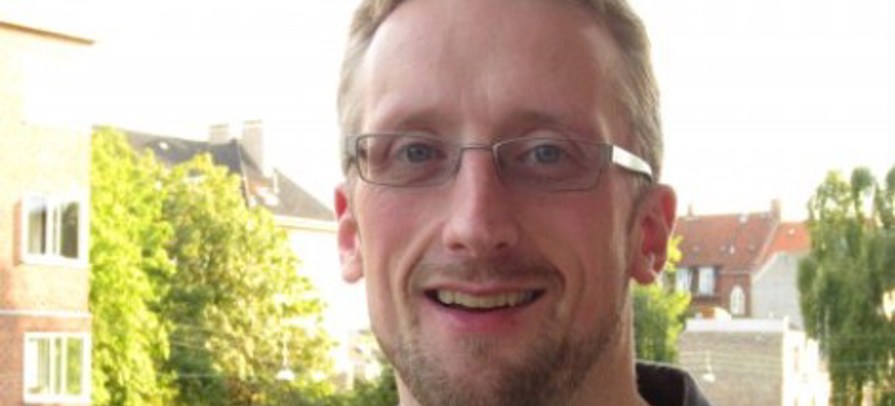Jóhannes Miðskarð vart ph.d. á RUC
Í gjar, 31. august, vardi Jóhannes Miðskarð, fólkaskúlalærari og cand. pæd., ph.d.ritgerð sína á Roskilde Universitet. Ritgerðin kallast "Action and Thinking - an investigation of how social workers influence school professionals regarding vulnerable children's issues".
Evnið í ritgerðini er tvørprofessionelt samstarv, har serstakt fokus er á ta gransking, sum Jóhannes Miðskarð hevur framt í tvørprofessionellum samstarvi millum lærarar, námsfrøðingar og sosialráðgevarar í Danmark og í Onglandi. Eisini hevur Jóhannes Miðskarð í minni mun granskað í, hvussu lærarar og námsfrøðingar samstarva tvørprofessionelt við sálarfrøðingar, politistar og heilsusystrar.
Vegleiðarar hjá Jóhannes Miðskarð hava verið Linda Lundgaard Andersen, professari á Roskilde Universitet og Nick Frost, professari á Leeds Metropolitian University.
Í metingarnevndini vóru Anne Marie Pahuus, lektari og prodekanur fyri gransking og menning av talentum á Aarhus Universitet, Claire Cameron, professari á Anglia Ruskin University í Cambridge og Betina Dybbroe, lektari og depilsleiðari á Center for Sundhedsfremmeforsking á Roskilde Universitet.
Les um Jóhannes Miðskarð í Heilagrunninum
Ritgerðin verður givin út í bók í næstum. Niðanfyri er ein stutt ensk lýsing av ritgerðini, soleiðis sum ph,d.skúlin á RUC lýsir hana.
"Jóhannes Miðskarð, in his dissertation “Action and Thinking”, has not only made an important contribution to the Danish pedagogical aspect on interprofessional working with vulnerable children, but also to the ongoing international debate about how to conceptualise interprofessional working. Miðskarð manages in a simple yet sophisticated way to incorporate Hannah Arendt’s intricate theorisations into a useable existential-phenomenological framework. Within this framework Miðskarð traces how a pedagogue or a teacher is influenced in their approach to a vulnerable child after having conducted a conversation with a social worker. Miðskarð concludes that not only the interprofessional work conversations between pedagogues, teachers and social workers appear to benefit the pedagogue’s or the teacher’s approach to the vulnerable child, but also that there is a lot of unused potential in these conversations. In the last part Miðskarð demonstrates how the unused potential can be realised and used for the benefit of the vulnerable children and the professionals who work with them."
